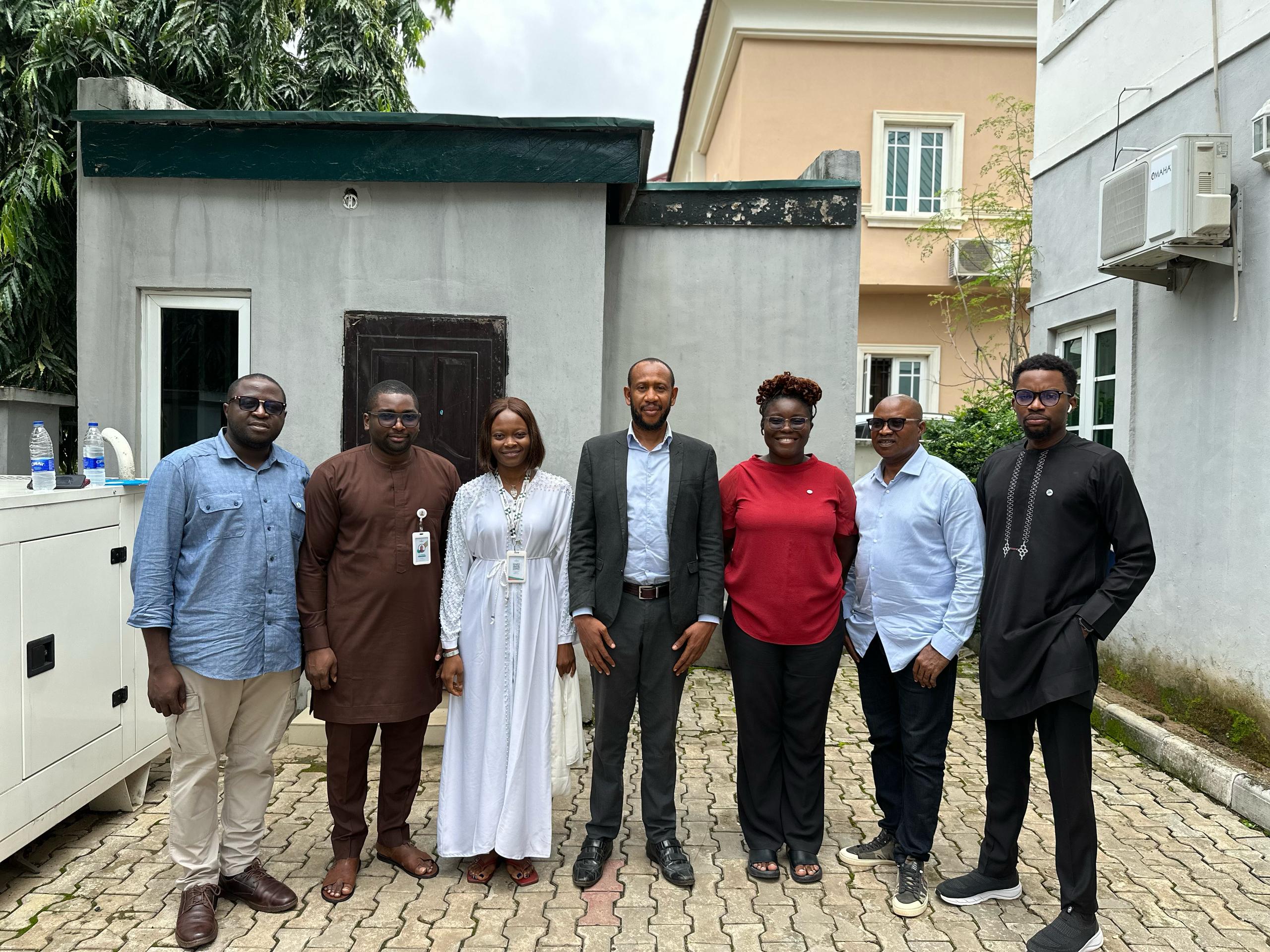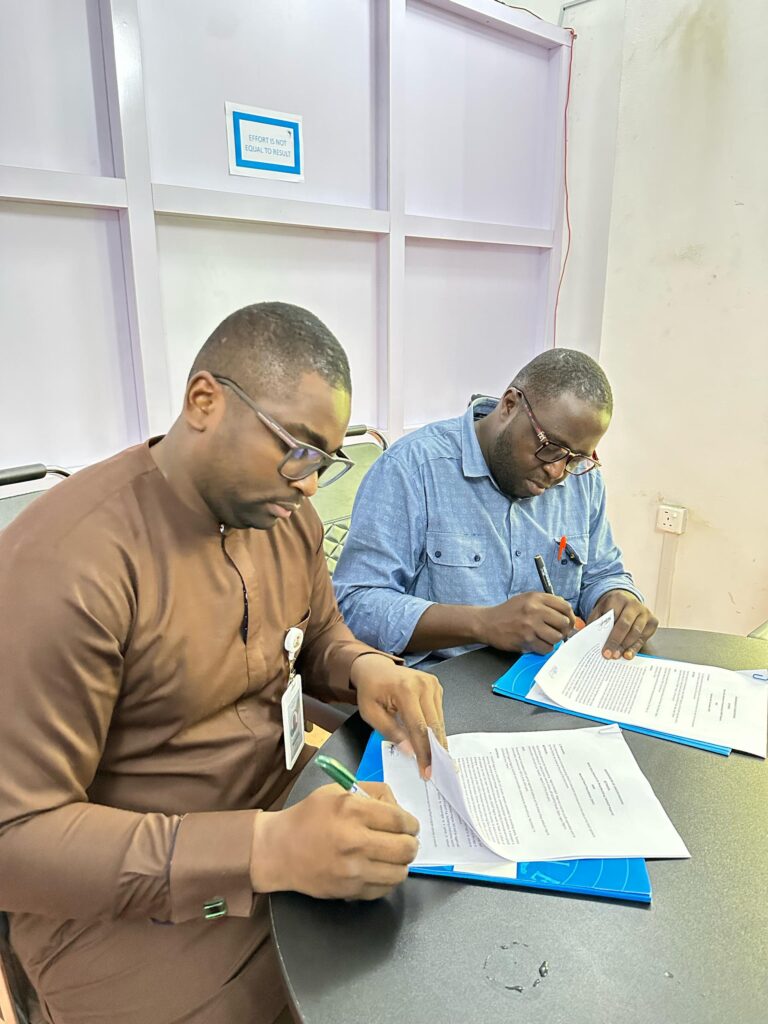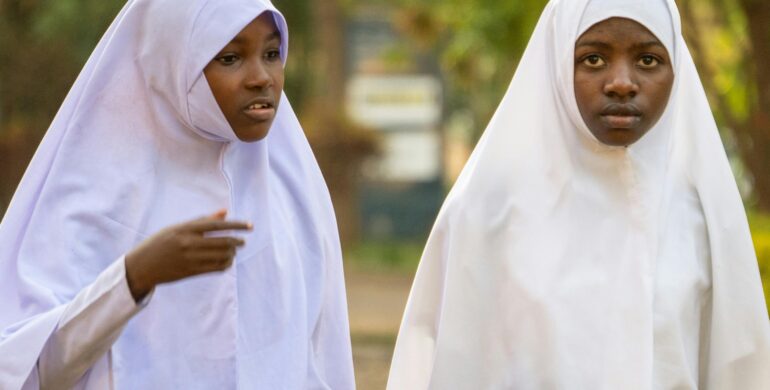Imagine walking into a classroom where positive energy fills the air, a classroom where every student can stand tall without the fear of being bullied, where there is no tension which forces them to cower in fear, but give them the opportunity to raise their head in confidence.
This isn’t a dream. It’s what happens when schools and peace-building organizations join hands. In Nigeria, where many communities still carry the weight of conflict, these partnerships are not just helpful; they are lifelines.

Peace is not only theoretical; it’s not something you “tell” children to do, it is something they feel and see practiced by those around them. The school is another place where Peace Education can be taught outside the home and community. Peace-building organizations have the tools, conflict resolution skills, trauma-informed practices, and a deep understanding of how to bridge gaps created by conflict. The partnership between schools and Peace-building organizations can create something bigger than either could achieve alone: a generation that grows up knowing how to listen, empathize, and solve problems without violence and with a high level of emotional intelligence.
In different states across Nigeria, research has shown the tangible impact of peace education when embedded into the school curriculum. A study in Nasarawa State, Nigeria highlights how it nurtures emotional intelligence and self-control, forming a foundation for societal peace and development. In Delta and Rivers States, integrating peaceful values and interpersonal skill training has been shown to reduce violence and foster inclusive school cultures. In Kwara State, effective leadership by principals through workshops, community engagement, and role modeling proved critical in making peace education programs successful.

We have also seen inspiring real-world examples. Afripeace Foundation’s peace clubs in the Niger Delta promote nonviolent conflict resolution, leadership skills, and civic values through mentorship, workshops, and scholarships. UNESCO and Rotary Nigeria’s Positive Peace Ambassador program equips educators to guide students in critically examining their beliefs and developing peaceful mindsets, leading to the creation of school-based peace clubs nationwide. In Borno State, the Neem Foundation’s Lafiya Sarari school in Maiduguri provides trauma-informed education to girls who have survived Boko Haram atrocities, combining academics with psychological support to help students heal and rebuild trust.
We have heard different stories of how some students bully other students, creating an atmosphere that is not safe for learning for others. Peace Education helps students thrive in an environment where they feel safe and loved.
The Restored Heart Foundation, in partnership with the West Africa Network for Peacebuilding (WANEP), has begun a strategic collaboration to integrate peacebuilding curriculum into schools through the Teacher Bank Project. This partnership is designed to advance Sustainable Development Goal 16 – Peace, Justice, and Strong Institutions by equipping teachers and students with the skills, resources, and knowledge to foster non-violent conflict resolution, empathy, and mutual respect in the classroom and ultimately the school environment.


